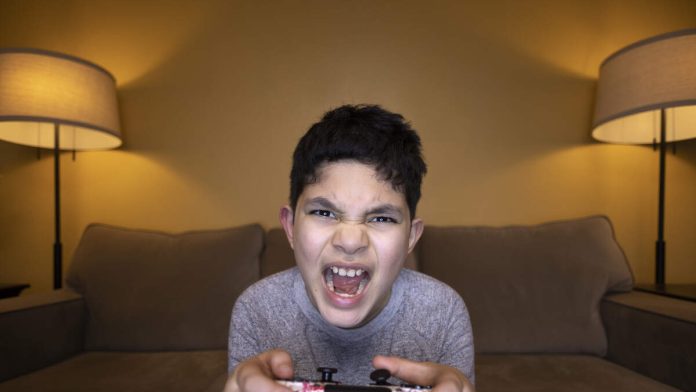A major international study has found a significant link between increased screen time and the development of emotional and social issues in children. The study, which analyzed data from nearly 300,000 children worldwide, reveals that kids who spend more time on screens, such as TVs, tablets, computers, and gaming consoles, are at a higher risk of experiencing aggression, anxiety, and low self-esteem. The study, published in the journal Psychological Bulletin, also indicates that children already facing social or emotional challenges tend to spend more time on screens.
The research highlights that gaming consoles, in particular, are associated with a greater likelihood of developing these issues. Dr. Michael Noetel, an associate professor of psychology at The University of Queensland, Australia, explained that while some studies examined the impact of violent games, the key finding was that gaming in general showed stronger links to emotional problems than other screen activities.
The study is one of the largest of its kind, analyzing 117 long-term studies conducted between 1972 and 2024, focusing on children aged 10 and under. It emphasizes the importance of moderating screen time, especially for children between the ages of 2 and 5, as recommended by the American Academy of Pediatrics. Children who exceed these guidelines are more prone to socioemotional issues.
Dr. Tara Narula, ABC News chief medical correspondent, noted that more than 40% of kids aged 8 to 12 use screens for over four hours daily, coinciding with rising rates of mental health disorders in children. The study suggests that while eliminating screens entirely is not necessary, parents should encourage moderation and ensure screen time does not interfere with sleep and physical activity.

Recent Comments